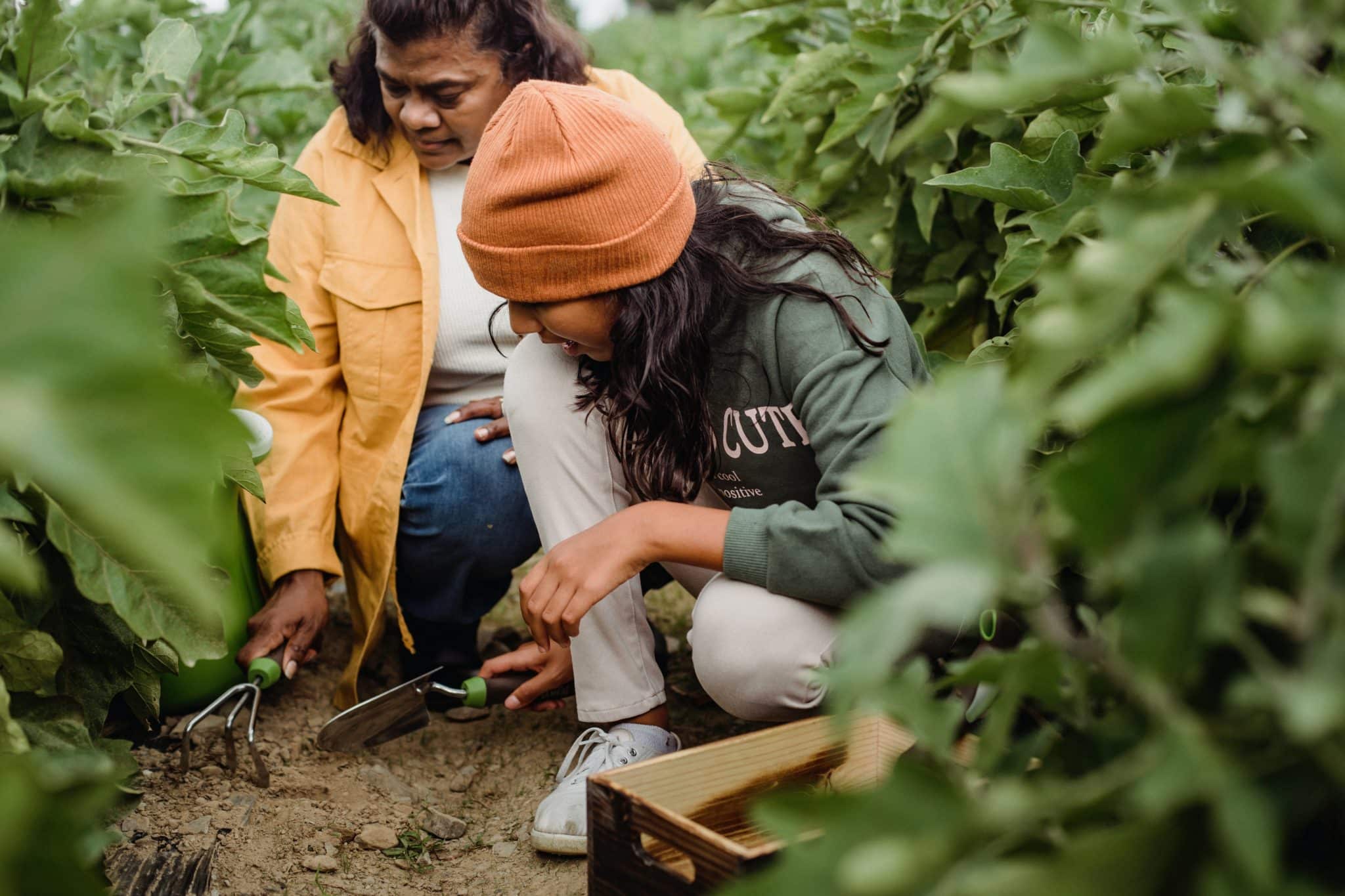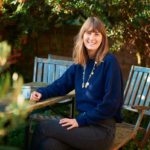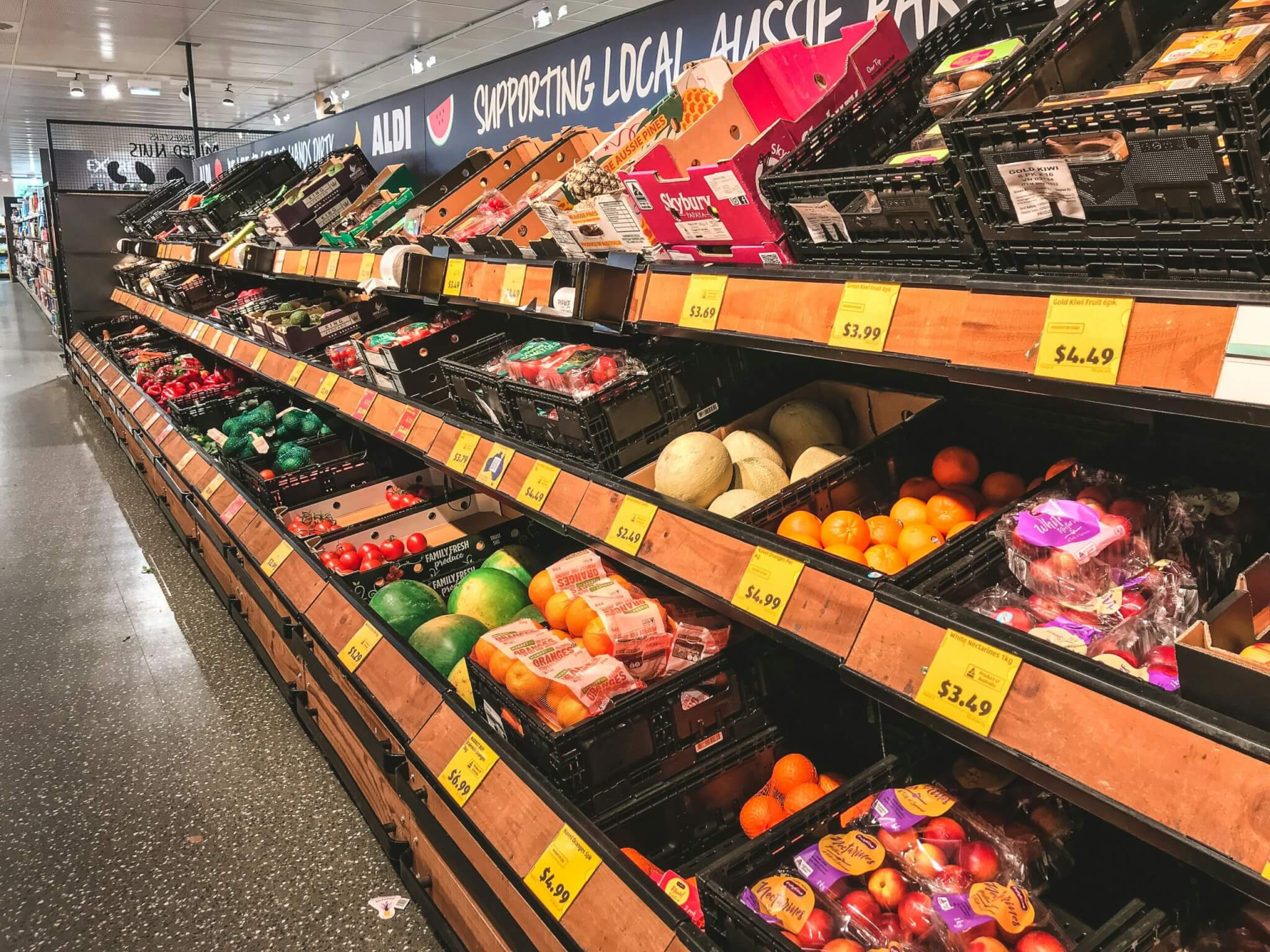We are all on a journey. The more I Iearn about farming, food, soil, the more I am humbled by the realisation at just how limited my understanding of the world is.
For example, a recent revelation was hearing that a diverse cover crop planted with four different functional plant groups, but NO legumes, fixed more nitrogen than a clover monocrop.
Who knew that the diverse microbial community below ground was most important for fixing nitrogen and that legumes were actually a small part of the nitrogen fixing capability of plants and soils? Maybe everyone else already knew this, but I was totally shocked and once again reminded just how powerful a polyculture is and how inefficient monocultures are.
When I first immersed myself in the world of food and farming seven to eight years ago, excited by the prospect of working toward a more ecological future, I was only focused on the farming practices. I genuinely thought anything else was a distraction or at best an add-on.
Now, thanks to many experiences over recent years I have had a seismic shift in understanding that the humans in the food and farming system are not just an add-on and they are not just about bringing in the ‘social’ aspect. Actually, we humans are part of this living system. We are the ecology along with all the other beings. If we are nurturing human monocultures and degrading humans, that is the same as this apparently purely ‘ecological’ issue on which I had initially focused.
A huge part of my learning recently has been through experiences engaging with and hearing from Land in Our Names and Landworkers Alliance LGBTQIA+ members. It is an unbelievable pleasure to collaborate with these two groups for Farmerama’s latest podcast series, Cultivating Justice – an important series which weaves together interviews, conversations, music and reflections from Black people, people of colour, trans people, queer people and women, on their relationships with land, growing, and identity.
Once again the things I thought I knew were brought into question. Among them, the discomfort I felt at times around a non-binary world gently and sometimes uncomfortably unravelled on this journey with many different amazing beings.
Cultivating justice is a big part of how we make this transition – recognising and celebrating the people in the UK who haven’t been previously included or invited to the table.
As I tune into sounds from ‘Eating your castings’ by Jas Butt and Hari Byles (episode 4), of the earthworms and other microorganisms shuffling around crafting compost I am taken aback, what is this world? A true sense of interbeing takes over as I am transported into the earthworms’ realm.
Being invited by Maymana Arefin, a community gardener and spoken word poet to meet plants on a medicine plant walk, not just name them. Reflecting on the Chorus of Voices within the series (Tinisha Williams, Sasha, AKA @MindYourOwnPlants on Instagram, Dani Foster, Dav Singh, Anna Barrett, and Nancy Winfield) and hearing about the healing that tending to their plants provide, how connecting to the land I feel a sense of the beauty that is available as we cultivate justice for all beings; plant, human, animal or otherwise.
Essentially what I’ve learnt is that, when it comes to the bigger picture, if we really want to tackle climate change and work toward a more ecological future, there needs to be a fundamental shift in how we relate to each other. Cultivating justice is a big part of how we make this transition – recognising and celebrating the people in the UK who haven’t been previously included or invited to the table. There can be real beauty and healing in this.
The Cultivating Justice by Farmerama podcast series was made possible thanks to Farming the Future and The Roddick Foundation. Tune in via all major podcast platforms or the Farmerama website.










How do you spend your time? Are you interested in playing cricket? The game of cricket https://cricmod.com/spot-light/ is an exciting sport that offers a variety of formats, subtleties of strategy, team dynamics and emotional experiences. I advise you to learn more about the game of cricket